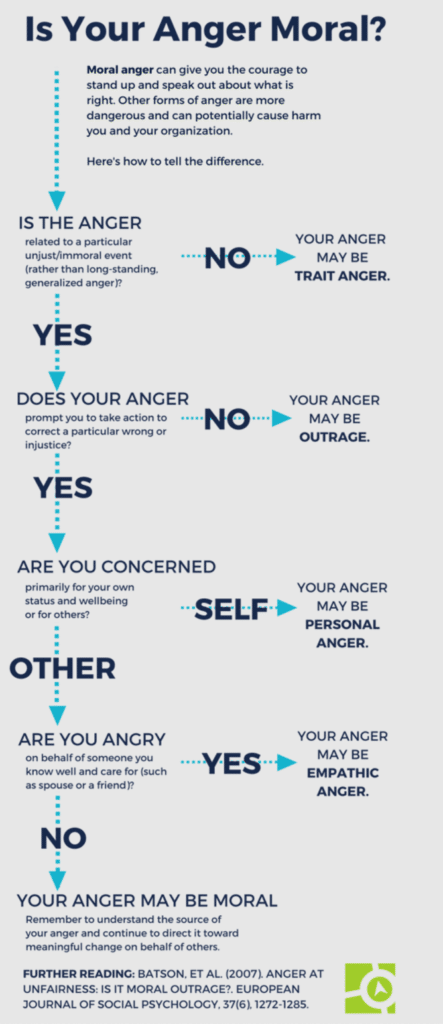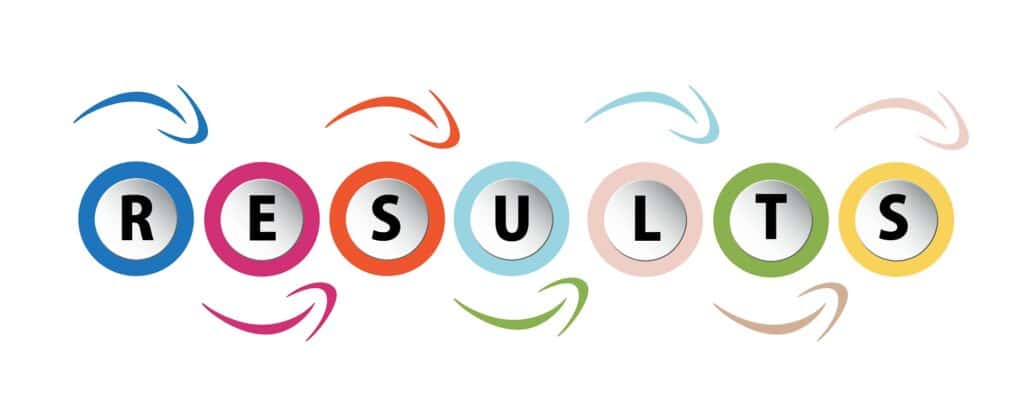It’s not hard to find contradictory views of anger in the psychological literature; it is both the most underappreciated moral emotion (Haidt) and at the same time antisocial, unpleasant, negative (Kemp and Strongman). So it’s hard to get a handle on how to respond to the news these days, which often conveys a rather overwhelming sense that a lot of people are very angry. They are angry about racism and injustice; they’re angry about climate change and the environment; about political corruption and deceit; about gender discrimination; about the pandemic and the responses. And for sure, there is lot to be angry about.
The trouble is that anger is not always useful is getting stuff done, in making the world a better place. Journalist Sonia Sodha has written I’ve been tempted by righteous anger against racists. It’s not much help in changing society, and the general point is this from Psychologist Daniel Willingham: Man, righteous indignation is a hell of a drug. Feels great, but your thinking gets all muddled. There is wisdom there.
But it can’t be the whole story; and as educators the last thing we want to do is to suppress anger at injustices; we want to harness it to ensure that it’s used well, not foolishly. So what to do?
The American Psychological Association notes that anger can be a good thing. It can give you a way to express negative feelings, for example, or motivate you to find solutions to problems. But excessive anger can cause problems. Increased blood pressure and other physical changes associated with anger make it difficult to think straight. It’s this double-edged nature of the emotion that makes it potentially so difficult to deal with; but because there is an obvious difference between blind self-interested rage and compassionate wrath, dealing with anger as one single phenomenon is not only unwise,it can promote ill-informed organizational policies and practice (Lindebaum and Geddes).
Psychologist Daniel Bateson and his team suggest this flow chart, which opens up all sort of fascinating conversations:

The chart helps me recognise the outrage that tempts me to re-tweet the most appalling stories, or the black square; and this chart draws my attention to the fact that this action doesn’t really contribute to correcting the injustice – in fact, it’s rather self-indulgent outrage. The chart also places anger that is simply self-interested, or narrowly interested in only me and my family/friend in it’s correct place – understandable, but not genuinely moral anger.
This typology allows us to pause, slow down, recognize our anger and identify the source. This in itself can reduces our sense of distress and allows us to begin to regulate the emotion, which can otherwise be so distressing. Furthermore, it focuses on helping others, not on seeking revenge; thus leading to moral action.
Of course, this is all easy to write but much harder to observe in the heat of a difficult moment. Anger, by its nature, makes it difficult to do things like follow charts! But US Congresswoman Alexandria’s Ocasio-Cortez (AOC) provided a master-class in how to harness anger, and use it powerfully. She takes a distressing and appalling incident and uses it to drive home a powerful moral point about equality. Her anger is as clear as her moral clarity.
There is a great deal to learn here about taking one’s anger, and shaping it to a higher purpose.
References
- n.a (2020) Getting angry at work can help you stand up for what’s right. Centre for Ethical Leadership
- Bateson, D. et all(20017) Anger at unfairness: Is it moral outrage? European Journal of Social Psychology 36 1272-1285
- Haidt, J. (2003). The moral emotions. Handbook of Affective Sciences, 11(2003), 852-870.
- Kemp, S., & Strongman, K. T. (1995). Anger theory and management: A historical analysis. The American Journal of
Psychology, 108(3), 397–417. - Lindebaum, D. and Geddes D (2016) The place and role of (moral) anger in organizational behavior studies .Journal of Organizational Behavior, J. Organiz. Behav. 37, 738–757 (2016)
- Sodha S (2020) I’ve been tempted by righteous anger against racists. It’s not much help in changing society. The Guardian.


